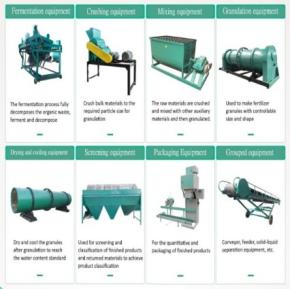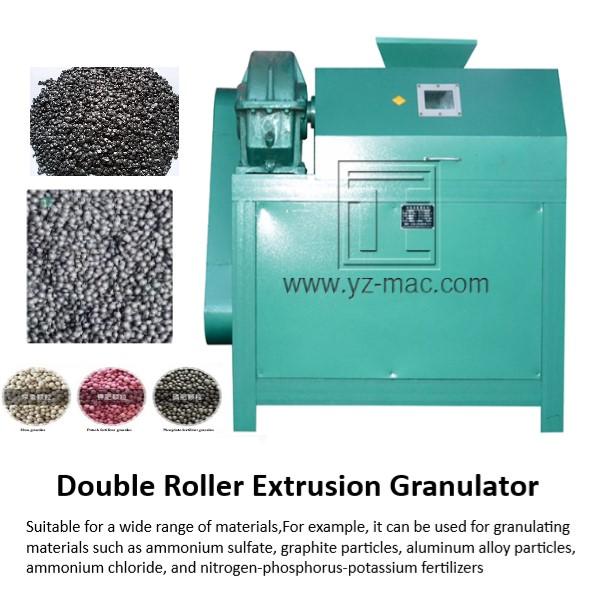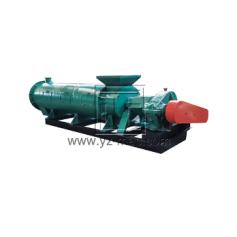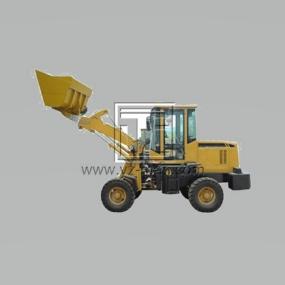Commercial composting machine
Efficient Solutions for Sustainable Waste Processing
Introduction:
In the pursuit of sustainable waste management, commercial composting machines have emerged as highly efficient solutions. These innovative machines provide a practical and eco-friendly way to process organic waste and transform it into nutrient-rich compost. In this article, we will explore the significance of commercial composting machines and how they contribute to sustainable waste processing.
Efficient Organic Waste Processing:
Commercial composting machines are designed to handle large volumes of organic waste effectively. By utilizing advanced technologies such as automated mixing, shredding, and temperature control systems, these machines expedite the decomposition process. The efficient processing capabilities of commercial composting machines result in shorter composting cycles, reducing the overall time required to produce high-quality compost.
Reduced Landfill Dependency:
One of the key advantages of commercial composting machines is their ability to divert organic waste from landfills. By processing organic waste on-site or near the source, these machines significantly reduce the need for waste transportation and disposal in landfills. This not only helps reduce the environmental impact associated with landfilling but also saves valuable landfill space for non-compostable waste materials.
Versatile Applications:
Commercial composting machines are versatile and can process a wide range of organic waste materials. This includes food scraps, yard trimmings, agricultural residues, and more. The flexibility of these machines enables businesses, municipalities, and institutions to manage diverse organic waste streams efficiently. As a result, they can contribute to the circular economy by turning organic waste into a valuable resource instead of treating it as mere waste.
Enhanced Compost Quality:
Commercial composting machines play a crucial role in producing high-quality compost. The controlled and optimized composting process ensures proper aeration, moisture content, and temperature conditions, leading to the breakdown of organic matter into stable compost. The resulting compost is rich in nutrients, beneficial microorganisms, and organic matter, which can improve soil health, enhance plant growth, and support sustainable agriculture and horticulture practices.
Cost and Environmental Benefits:
Investing in commercial composting machines can yield significant cost savings and environmental benefits. By diverting organic waste from landfills, businesses and organizations can reduce waste disposal costs and potential landfill fees. Furthermore, the production and use of compost from commercial composting machines reduce the reliance on chemical fertilizers, leading to reduced environmental pollution and improved soil conservation.
Conclusion:
Commercial composting machines offer efficient and sustainable solutions for processing organic waste. With their ability to process organic waste on-site, reduce landfill dependency, produce high-quality compost, and deliver cost and environmental benefits, these machines are revolutionizing the waste management landscape. By embracing commercial composting machines, businesses and organizations can contribute to a greener future by diverting waste from landfills, promoting nutrient recycling, and fostering sustainable practices.








